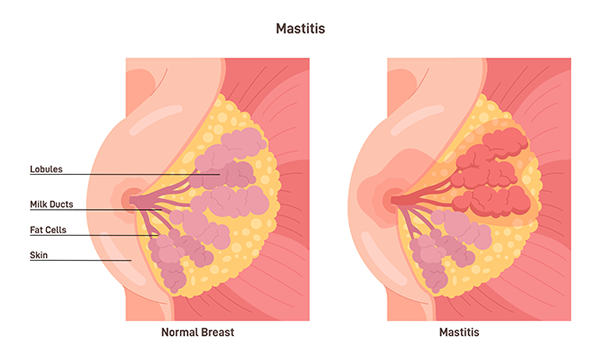Menopause brings numerous changes to a woman’s body, and shifts in libido are a common part of the experience. Many women find that their sexual desire decreases during menopause, while others may experience a variety of changes in how they feel about intimacy.
Regaining Bladder Control After Childbirth
Childbirth is an extraordinary experience, but it can sometimes lead to unexpected changes in your body, such as difficulty controlling your bladder. This is a common issue for many new mothers, and it’s often due to the physical changes that occur during pregnancy and delivery.
Bladder Control: When Kegels Aren’t Enough
For many women experiencing bladder control issues, Kegel exercises are often the first recommended solution. Kegels can strengthen the pelvic floor muscles and provide relief from mild cases of urinary incontinence. However, for some women, Kegels alone aren’t enough to resolve their bladder control problems.
FAQs About Vaginal Birth After Cesarean (VBAC)
If you’ve previously had a cesarean section (C-section) but are now considering a vaginal birth for your next pregnancy, you may have questions about what’s known as Vaginal Birth After Cesarean (VBAC). VBAC can be a safe and viable option for many women, but it’s important to understand the risks, benefits, and how the process works.
Mastitis and Other Breastfeeding Issues You Need to Tell Your Doctor About
Breastfeeding can be a beautiful bonding experience for moms and babies, but it doesn’t always go smoothly. While some moms may navigate breastfeeding without any issues, others can experience complications like mastitis, clogged ducts, or nipple pain that require attention.
The Danger of Cutting Calories for Future Fertility: What Teenage Girls Need to Know
In today’s culture, where there’s constant pressure to look a certain way, many teenage girls may feel the urge to cut calories in an effort to stay thin. But what often gets overlooked are the long-term consequences that restrictive dieting can have, especially when it comes to fertility and overall health.
Round Ligament Pain: Navigating Pregnancy’s Growing Pains
Pregnancy is an incredible journey filled with many magical moments. However, it also comes with its fair share of discomforts, and round ligament pain is one that often catches expectant mothers by surprise. If you’ve been experiencing sharp, sudden pains in your lower abdomen or groin area, you’re not alone. Let’s dive into what round ligament pain is, why it happens, and
Abnormal Pap Smear Results? Don’t Panic, But Do Follow Up
Receiving news that your Pap smear results are abnormal can be unsettling. However, it’s essential to understand what this means and the steps you can take to ensure your health and well-being. At North Pointe OB/GYN in Cumming, we are here to provide you with the information and support you need during this time.
Top 5 Vitamins for Wellness During Menopause
Menopause is a significant transition in a woman’s life, bringing with it various physical and emotional changes. During this time, maintaining optimal health and wellness is crucial. Vitamins play a vital role in managing menopausal symptoms and promoting female health. Here are the top five vitamins essential for female wellness during menopause.
Midwife Frequently Asked Questions
At North Pointe OB/GYN in Cumming, we understand that choosing the right care provider for your pregnancy and childbirth is a significant decision. Midwives play a crucial role in providing personalized, compassionate care throughout the pregnancy journey. To help you understand the role of midwives and what they offer, we’ve compiled this comprehensive FAQ guide.












